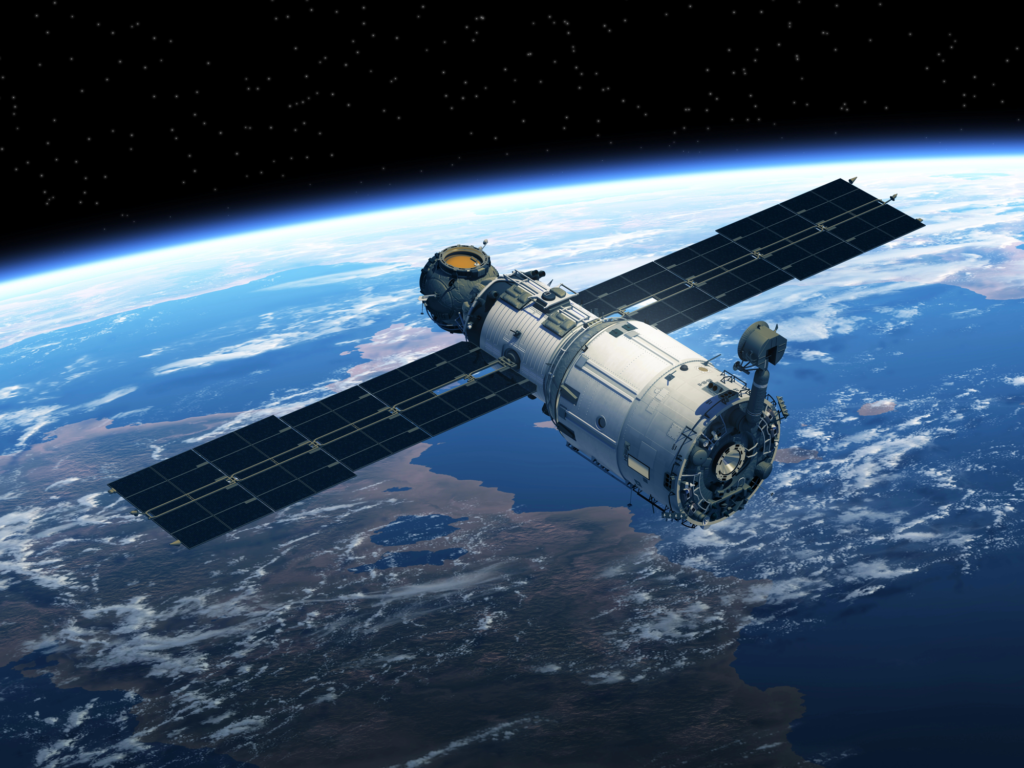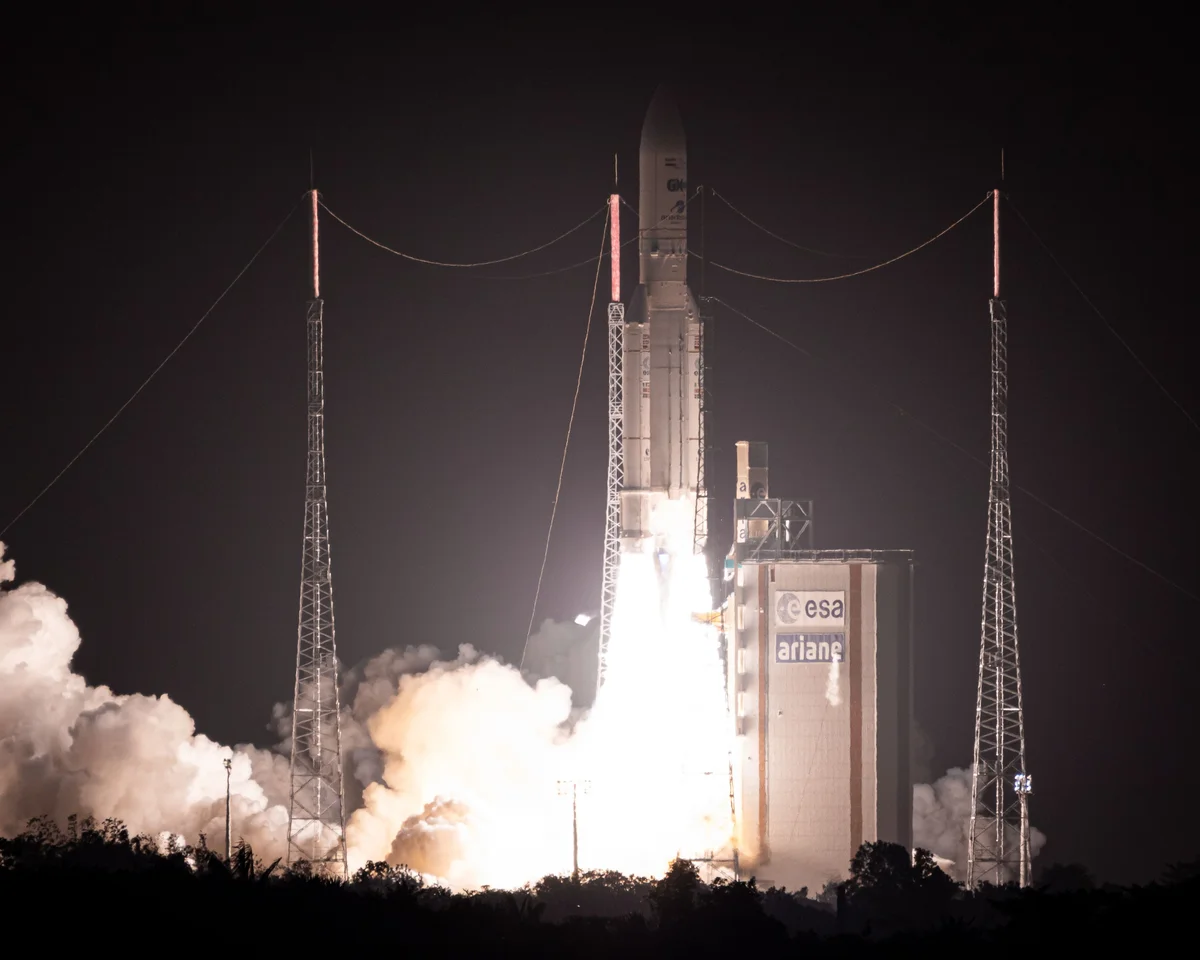European SpaceX Rival: Airbus, Leonardo, and Thales Unite
Three major aerospace firms — Airbus, Leonardo, and Thales — are merging their space divisions to form a powerful European SpaceX rival.
This partnership will create a €6.5 billion company combining strengths in satellite technology, rocket systems, and defense innovation. The move shows Europe’s determination to compete directly with Elon Musk’s growing space empire.

A Major Step for the European Space Industry
Under the new deal, Airbus will own 35% of the venture, while Leonardo and Thales will each control 32.5%. The European SpaceX rival will be based in Toulouse, France, and employ around 25,000 people.
Executives Guillaume Faury, Roberto Cingolani, and Patrice Caine described the merger as a “pivotal moment for Europe’s space future.” They said the partnership aims to pool research and engineering talent, strengthen autonomy, and speed up technological breakthroughs.

Operational Goals and Future Synergies
The European SpaceX rival plans to be fully operational by 2027 after regulatory approval. Leaders expect hundreds of millions of euros in yearly synergies after five years.
Importantly, there are no immediate job losses or site closures. Unions will be part of the consultation process to ensure a smooth transition.

Tackling Europe’s Space Industry Challenges
Airbus, Leonardo, and Thales have faced several years of financial and operational struggles. Airbus reported €1.3 billion in losses last year and cut 2,000 jobs. Thales Alenia Space, a joint venture of Thales and Leonardo, also reduced its workforce by over 1,000 employees.https://www.youtube.com/watch?v=qFUsw-fZdfM
By merging, the three companies hope to compete more effectively with SpaceX’s lower-cost launch services and the fast-growing Starlink satellite network.
Reducing Europe’s Dependence on U.S. Launch Providers
Europe’s reliance on SpaceX became clear after technical problems with Arianespace rockets delayed several satellite launches. Musk’s company had to launch key parts of Europe’s Galileo satellite navigation system.
Although Arianespace, co-owned by Airbus and Safran, is not part of this merger, the new European SpaceX rival could help the continent regain independence in launch capability and space communications.
A Strategic Move for Europe’s Future in Space
As SpaceX continues expanding — completing its 11th Starship test flight this month — European aerospace leaders are acting fast. This merger combines financial strength and technical expertise to ensure Europe remains competitive in the global space race.
The new company’s creation sends a clear message: Europe is ready to innovate, invest, and compete head-on with private U.S. space giants.





Good post! We will be linking to this particularly great post on our site. Keep up the great writing
Good post! We will be linking to this particularly great post on our site. Keep up the great writing